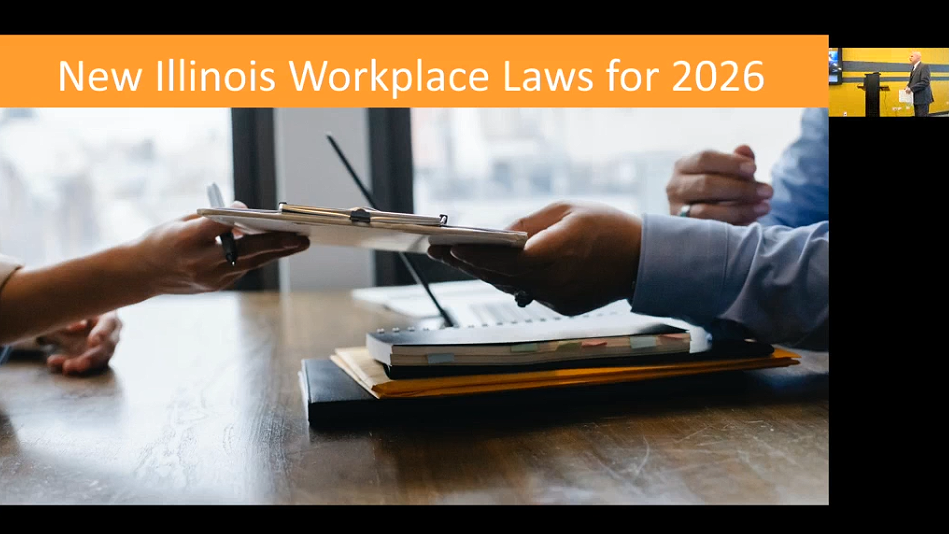Bankruptcy Protection for Individuals and How to Avoid it – A Lavelle Law Breakfast Briefs Webinar
Lavelle Law • June 10, 2020
Faced with a loss of income, individuals are being harassed by creditors for payment. Bankruptcy protection can provide a fresh start and get those creditors off of your back. And in other cases, with the right attorney, you may be able to avoid bankruptcy altogether. In this webinar, attorneys with Lavelle Law discuss the basics of filing of a bankruptcy petition, the benefits and drawbacks, and other strategic uses. They also discuss strategies to avoid the filing of a bankruptcy and settle with creditors in order to salvage credit.
If you are struggling with debt and would like to discuss your options, reach out to us at info@lavellelaw.com to schedule a consultation with one of our attorneys.
More News & Resources
Lavelle Law News and Events

Beginning 3.1.26, new federal regulations issued by FinCEN will significantly affect how certain residential real estate closings are handled. Issued under the authority of the Bank Secrecy Act, the rule requires the reporting of specified non-financed residential real estate transfers involving legal entities & trusts











